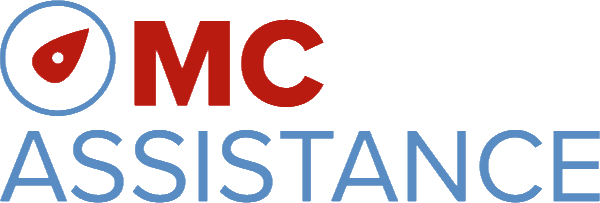May 26, 2023
AT LONG LAST, CANADA HAS A NATIONAL STRATEGY FOR DRUGS FOR RARE DISEASES
During Myeloma and Amyloidosis Awareness Month, the Canadian government took an important step towards improving access to drugs for rare diseases. On March 22nd, The Honourable Jean-Yves Duclos Minister of Health, announced a total investment from the federal government of up to $1.5 billion over three years to support Canada’s first official National Strategy for Drugs for Rare Diseases. The strategy and accompanying investments will work towards improving access to, and the affordability of, innovative and increasingly effective drugs for rare diseases. In turn, improving outcomes and quality of life for Canadians living with rare disease.
This official announcement of a National Strategy for Drugs for Rare Diseases has been long-awaited for our community. In 2021, Myeloma Canada and members of the Myeloma Canada National Advocacy Committee participated in public stakeholder consultations held by Health Canada to ensure the perspectives of Canadians impacted by myeloma were heard in this process.
It is with great excitement that we can now confidently say that the interests of the Canadian myeloma community are represented in the final strategy as presented by Minister Duclos last month.
Through their consultations, Health Canada identified four pillars (or goals) of the strategy, which greatly reflect the recommendations made by Myeloma Canada, such as the establishment of national governance structures for drugs for rare diseases.
The guiding pillars of the National Strategy for Drugs for Rare Diseases are:
- Seek national consistency in coverage for drugs for rare diseases
- Support patient outcomes and system sustainability
- Collect and use evidence
- Invest in innovation
We at Myeloma Canada hope to see enthusiastic and timely implementation of this strategy from all levels of government so that Canadians living with rare diseases like myeloma and amyloidosis, can access the treatments they need when they need them, wherever they are in Canada, and without being forced to pay for them from their own pockets.



